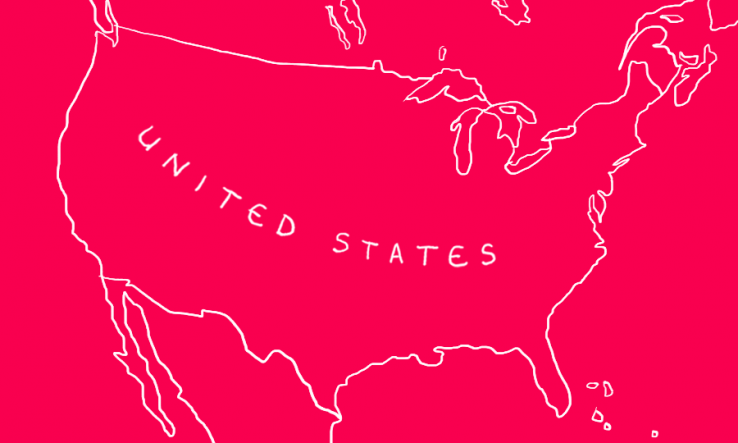
This week: an Alzheimer’s drug investigation, fixed-term visas and absent PhD students
In depth: Funding from the US National Institutes of Health has become concentrated in a smaller pool of researchers at times of rapid change in the NIH budget, with knock-on effects on inequalities in age, race and gender, the agency has found.
Full story: NIH finds its budget fluctuations help established researchers
Also this week from Research Professional News
Spending bills set out budget increases for US science agencies—House backs 2022 boosts for education, energy and the National Institute of Standards and Technology
Here is the rest of the US news this week…
Investigation requested into Alzheimer’s drug approval
The acting commissioner of the US Food and Drug Administration has requested an investigation into the regulator’s approval in June of Aduhelm, the first Alzheimer’s drug to be approved since 2003. Janet Wood wrote to the Office of the Inspector General of the US health department, highlighting concerns over contacts between the drug’s manufacturer, Biogen, and the FDA, “including some that may have occurred outside of the formal correspondence process”. Two congressional committees are also conducting a joint investigation into the approval of Aduhelm. The FDA and Biogen have been approached for comment.
White House rules out Trump-era fixed-term student visa idea…
The administration of president Joe Biden has ditched a proposal put forward by his predecessor, Donald Trump, to make international student visas fixed-term, requiring holders to reapply at regular intervals. Sticking with the old rules means students will continue to hold a visa if they remain enrolled at a university or college. The move was welcomed by the American Council on Education.
…but two-thirds of international physics PhD students still absent
A survey by the American Physical Society has found that 69 per cent of the international first-year physics PhD students who were slated to enrol in autumn 2020 are still not on campus. The society said difficulties getting visas was the likely explanation and predicted that over the next two years, the US would lose between a quarter and a third of such students to other countries.